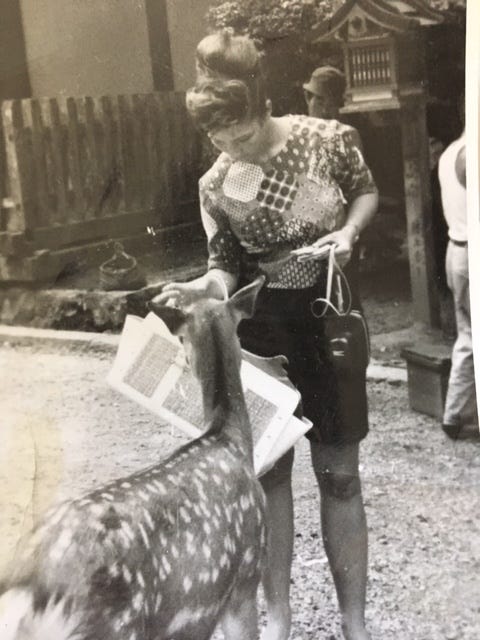Dear André
The natural history of an experience, from age 14 to age 77.
By sharing this narrative today, I’m taking you into my trust. I’m trusting you will view this writing as a story that’s provisional and always in motion. I don’t use words such as assault or abuse in writing about André. Those words are bombs that go off and don’t allow you to see through the smoke they produce…



